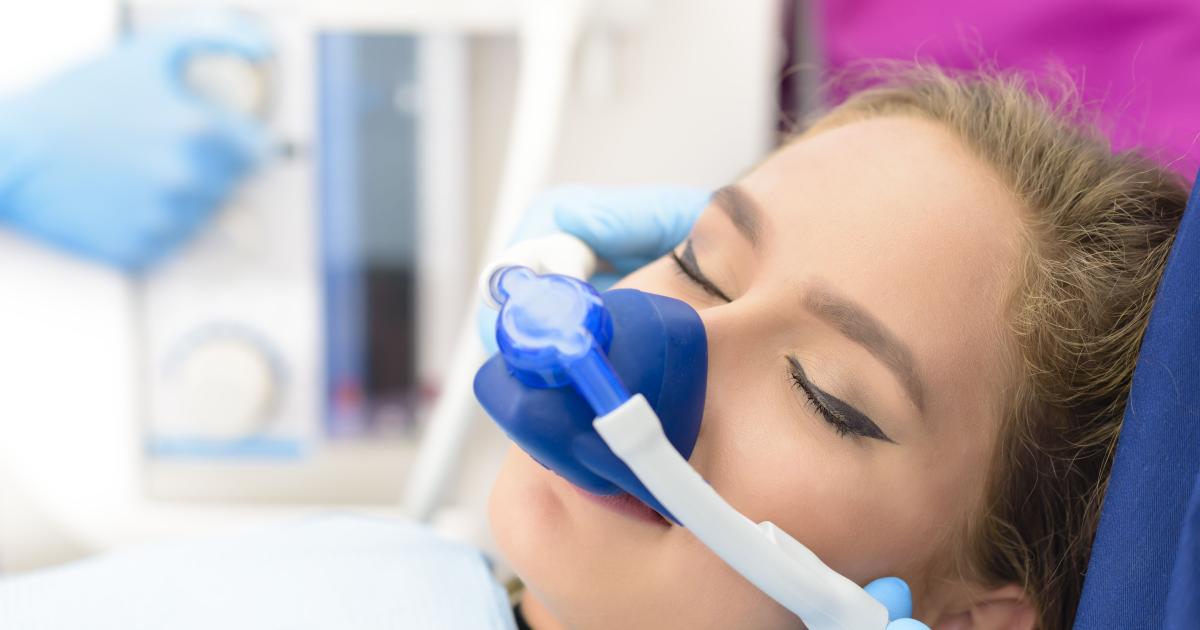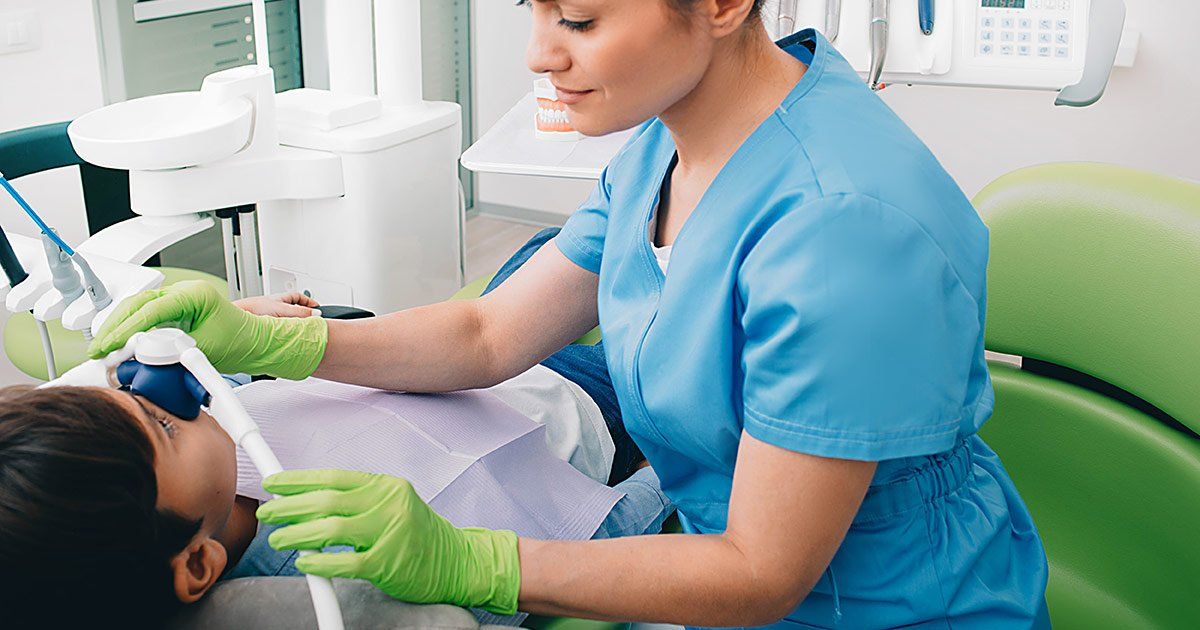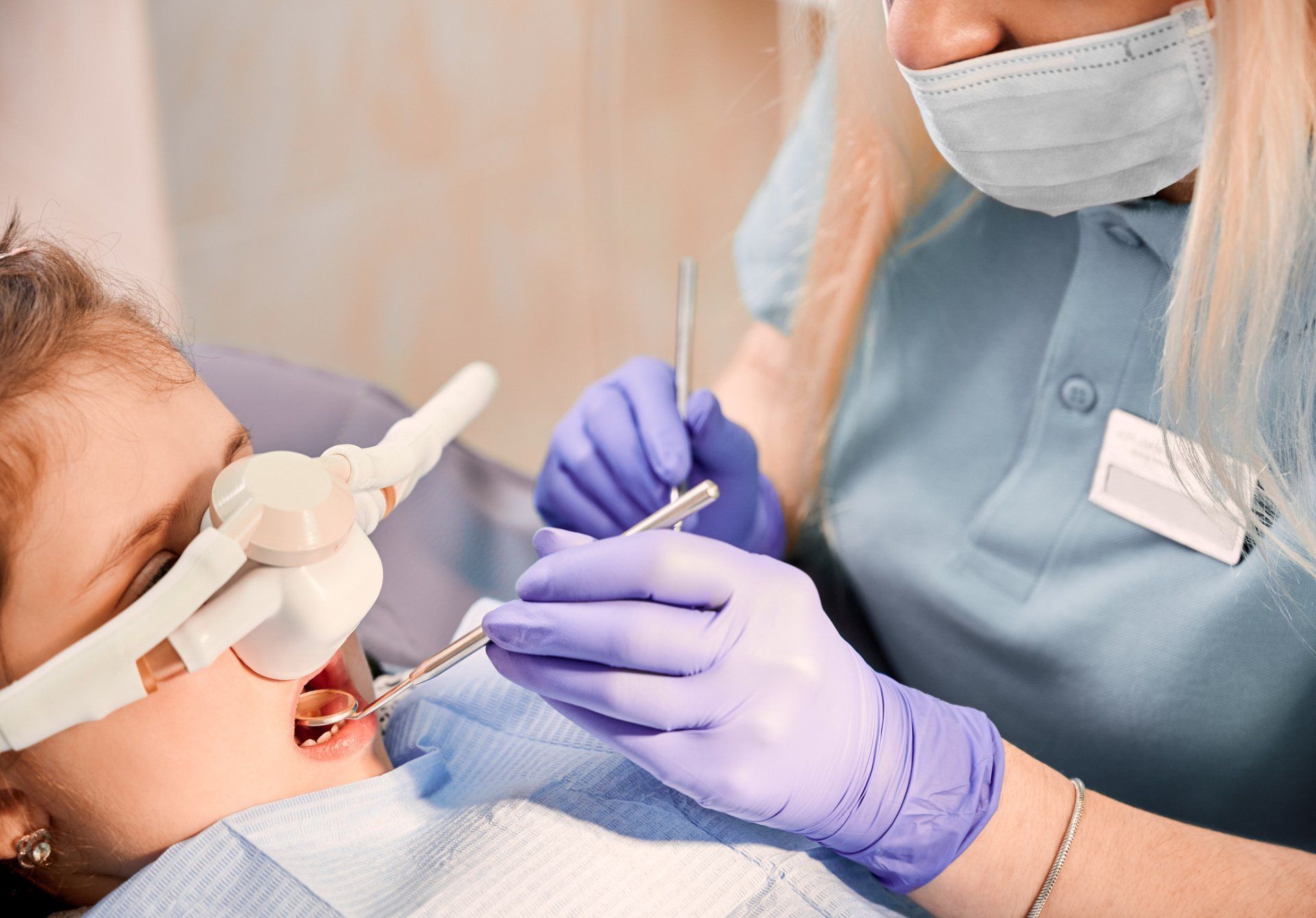In the world of modern dentistry, patient comfort and relaxation during dental procedures are paramount. At [Global Implant Dentistry], we understand that for many individuals, visiting the dentist can evoke feelings of anxiety and fear. This is where sedation dentistry comes into play, offering a solution for those seeking a stress-free and calm dental experience. In this comprehensive guide, we delve into the realm of sedation , exploring its benefits, who can benefit from it, what to expect during the experience, frequently asked questions, and more.
Understanding Sedation Dentistry:
What is Sedation Dentistry?
Dentistry, also known as sleep dentistry or twilight sleep, involves the use of sedative medications to help patients relax during dental procedures. These medications can range from mild to moderate sedation, depending on the individual’s needs and the complexity of the procedure.
Types of Sedation Used in Dentistry:
- Nitrous Oxide (Laughing Gas)
- Oral Sedatives
- Intravenous (IV) Sedation
- General Anesthesia

The Benefits of Sedation Dentistry:
Anxiety Reduction:
One of the primary benefits of sedation dentistry is its ability to alleviate anxiety and fear associated with dental visits. Many patients experience dental anxiety, which can prevent them from seeking necessary dental care. Sedation helps these individuals feel calm and relaxed, enabling them to undergo treatment without distress.
Pain Management:
Sedation dentistry not only reduces anxiety but also helps manage pain during dental procedures. By inducing a state of relaxation, sedatives can make patients less sensitive to pain, ensuring a more comfortable experience overall.
Increased Comfort:
Patients undergoing sedation dentistry often report feeling more comfortable during procedures. The relaxation induced by sedatives allows them to remain still and cooperative, facilitating the work of the dentist and ensuring optimal results.
Time Efficiency:
Sedation dentistry can also improve the efficiency of dental procedures by minimizing patient movement and discomfort. This allows dentists to work more quickly and effectively, reducing the time required for treatment.
Better Treatment Outcomes:
When patients are relaxed and cooperative during dental procedures, dentists can achieve better treatment outcomes. Sedation enables dentists to perform complex procedures with precision and accuracy, leading to improved oral health for patients.

Who Can Benefit from Sedation Dentistry?
Dental Anxiety:
Individuals with dental anxiety or phobia can greatly benefit from sedation dentistry. Sedatives help calm their nerves and make dental visits more tolerable, allowing them to receive the care they need without undue stress.
Fear of Needles or Drills:
Some patients may have a fear of needles or dental drills, which can make traditional dental procedures challenging. Sedation dentistry can help alleviate this fear by reducing awareness and sensitivity to such stimuli.
Low Pain Tolerance:
Patients with a low pain tolerance may find it difficult to undergo certain dental procedures without sedation. Sedatives can help increase their pain threshold, making the experience more comfortable and manageable.
Gag Reflex Issues:
Individuals with a sensitive gag reflex may struggle with certain dental procedures, such as impressions or X-rays. Sedation dentistry can suppress the gag reflex, allowing for smoother and more efficient treatment.
Extensive Dental Work:
Patients undergoing extensive dental work, such as multiple extractions or implant placements, may benefit from sedation dentistry to ensure their comfort and relaxation throughout the procedure.
The Sedation Dentistry Experience:
Preparing for Sedation:
Prior to the dental procedure, patients will meet with their dentist to discuss their medical history, any medications they are taking, and the type of sedation that will be used. Patients may be instructed to refrain from eating or drinking for a certain period before the procedure, depending on the type of sedation.
During the Procedure:
Once the sedation dentistry has been administered, patients will enter a state of deep relaxation, often feeling drowsy or sleepy. While they remain conscious and able to respond to verbal commands, they are unlikely to remember much of the procedure afterward.
After the Procedure:
After the dental procedure is complete, patients will be monitored until the effects of the sedation wear off. Depending on the type of sedation used, patients may experience drowsiness or grogginess for several hours following the procedure. It is important for patients to arrange for someone to drive them home after their appointment, as they may be unfit to drive.

FAQ’s
Is Sedation Dentistry Safe?
Yes, when administered by a trained and experienced dentist, sedation dentistry is safe for most patients. The dentist will carefully evaluate the patient’s medical history and tailor the sedation to their individual needs to ensure a safe and comfortable experience.
Will I Be Unconscious During the Procedure?
While some forms of sedation may induce a state of deep relaxation or sleepiness, patients are typically conscious and able to respond to verbal commands during the procedure. However, they are unlikely to remember much afterward due to the amnesic effects of the sedation.
How Long Does Sedation Last?
The duration of sedation varies depending on the type of sedative used and the individual’s response to it. In general, the effects of sedation wear off within a few hours after the procedure, although patients may experience lingering drowsiness or grogginess.
Are There Any Side Effects?
Like any medical procedure, sedation carries some risks of side effects, although they are rare. These may include nausea, dizziness, headache, or temporary memory loss. The dentist will discuss the potential risks and benefits of sedation with the patient before the procedure.
Will I Remember Anything After the Procedure?
Due to the amnesic effects of the sedation, patients may have little to no memory of the dental procedure afterward. This can help alleviate any anxiety or fear associated with the experience, as patients are unlikely to recall any discomfort or discomfort.
Conclusion:
Sedation dentistry offers a solution for individuals seeking a stress-free and comfortable dental experience. By reducing anxiety, managing pain, and enhancing overall comfort, sedation dentistry enables patients to undergo necessary dental procedures with ease. At [Global Implant Dentistry], we are committed to providing our patients with the highest level of care, ensuring their safety, comfort, and satisfaction throughout their dental journey. Say goodbye to dental anxiety and hello to a relaxed and enjoyable dental experience with sedation dentistry.

